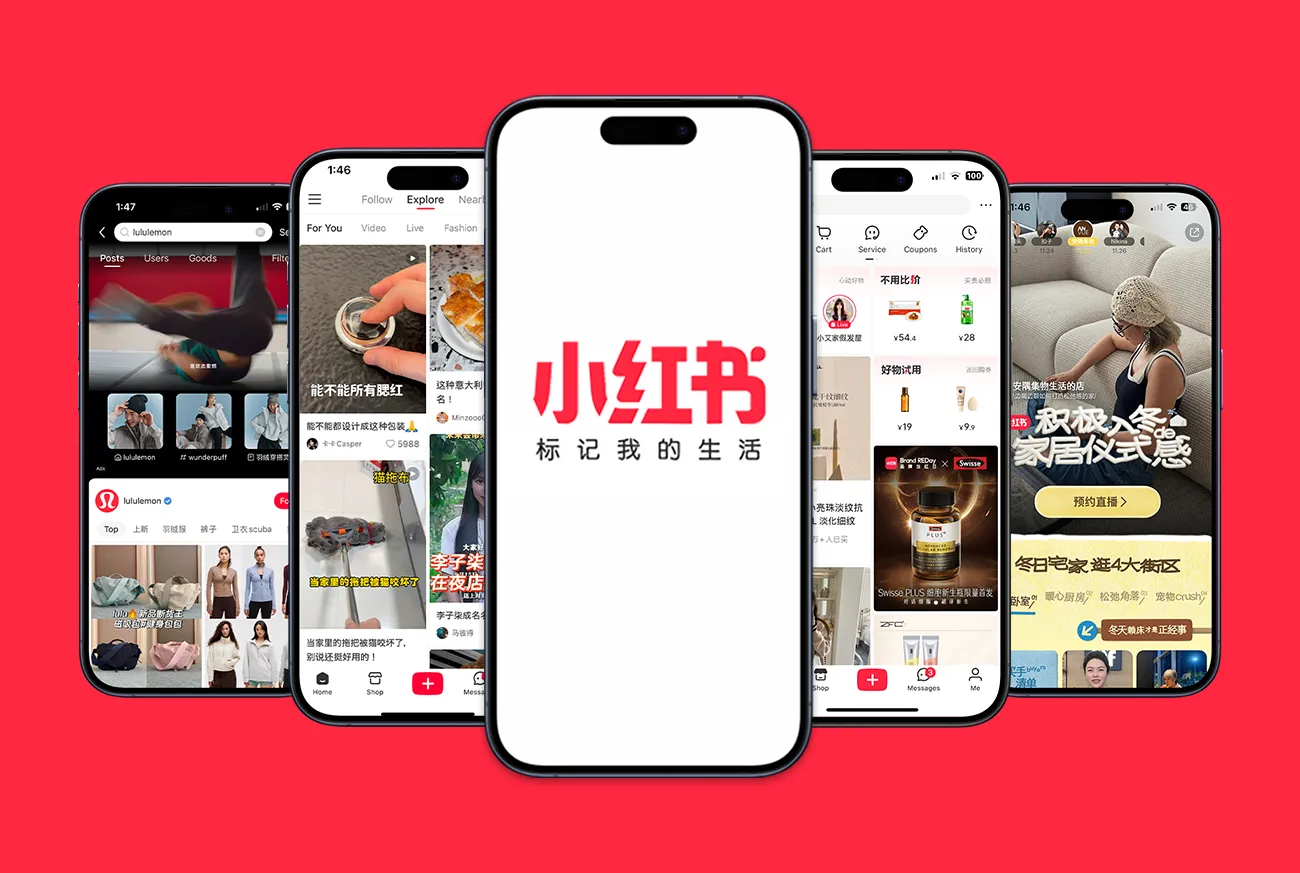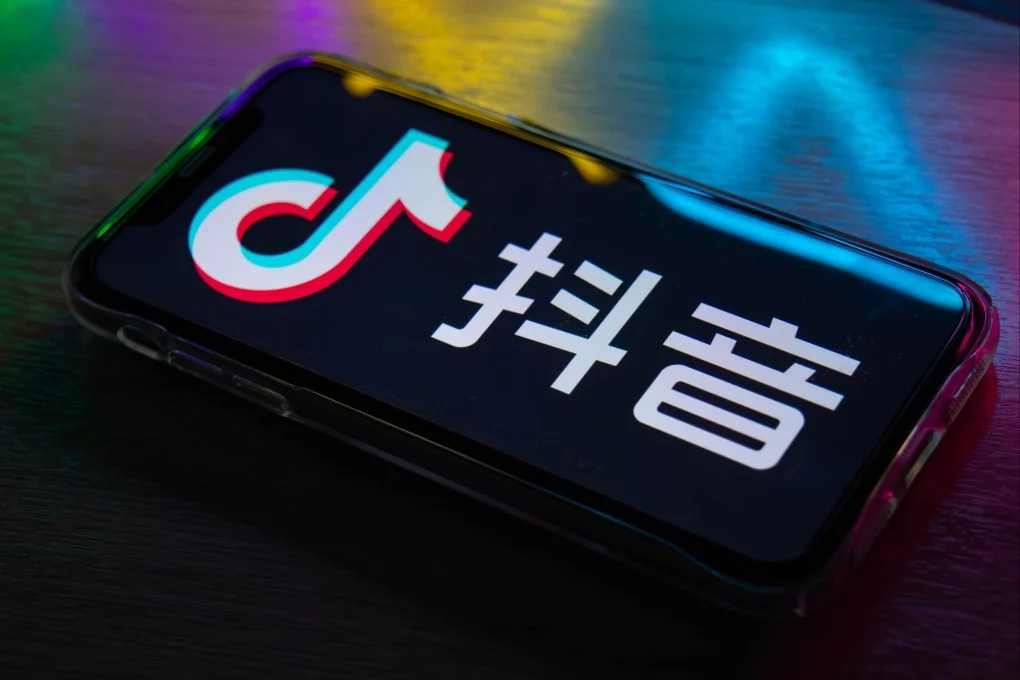Sephora: The French retailer primed to be a digital powerhouse for C-Beauty
Five of the newest beauty trends that makeup companies should be on the lookout for in order to capitalize on the Chinese beauty boom were unveiled by Sephora. Chinese brands have been actively welcomed by the platform, which has accelerated the upgradation of regional market players.
Five local premium beauty brands are expected to generate over 100 million RMB ($13.92 million) in annual revenue with the aid of the retailer’s “China Accelebrate” program over the next three years.
Baidu Baike: The Chinese online encyclopedia as a marketing tool
The Chinese search engine Baidu owns the online encyclopedia Baidu Baike, which sees billions of searches annually and 200 million DAUs (daily active users).
In fact, Baike has developed into a crucial marketing tool for companies looking to build their online presence in the Chinese market, and it has become essential for western businesses looking to improve their brand reputation in the nation.
Each Baike webpage has a standard length of 800 characters and typically has a very straightforward structure with sections made up of text and images. The platform’s intriguing feature, however, is that it enables brands to establish a direct connection to their official website or social media accounts by allowing them to insert corporate links and referrals inside the page.
The most significant advantages include things like raising trust and authenticity levels, increasing search rankings on Baidu, and more
https://mp.weixin.qq.com/s/TfIoftKlY3_28vDvwnDPNQ
Decoding China’s CIIE And What It Means For Foreign Brands
The expo, which is supported by the government, has been held at Shanghai’s National Exhibition and Convention Center since 2018. The six-day event in 2021 attracted more than 2,900 businesses from 127 nations, and the total value of the deals concluded there was $70.7 billion.
The fifth iteration of CIIE this year welcomed companies from 145 nations, including several L’Oréal, Kering Group, and Richemont brands.
Even when partnered with prestigious organizations like the World Trade Organization, government-run trade fairs are not known for their glitz or appeal to cutting-edge fashion brands and design houses.
However, access to the enormous Chinese market has been siloed because COVID-19 restrictions continue to limit business travel to China and make it nearly impossible for locals to shop abroad.
https://jingdaily.com/china-international-import-expo-2022-loreal-kering/
Tencent tests animation video creation App “Wan Ju”
On November 25, Tencent conducted a limited test of the “Wan Ju” app. It is a tool for making straightforward animated videos. By using the text and editing resources in the “Wan Ju,” which include stories and science popularization, users can create animated videos.

Additionally, “Wan Ju” supports the split mirror function and allows the addition of multiple animation scenes, ensuring a variety of animation content. Users can view their creations in the “Personal Center” after they have been published and saved in the mobile phone album.
Twitter: Half of top 100 advertisers stop advertising
A significant exodus of advertisers is threatening Twitter. According to market research firm Media Matters, half of Twitter’s top 100 advertisers have stopped using the platform 25 days after Elon Musk purchased the company.
According to Media Matters, those 50 businesses have given Twitter close to $2 billion in advertising revenue since 2020, with $750 million spent this year alone.
FIFA World Cup sets off consumption boom for JD.com
JD.com has partnered with supermarkets nationwide and extended business hours to launch a special “Night Market” in order to take advantage of the World Cup’s business opportunities. This will allow fans who stay up late watching games to take advantage of quick deliveries whenever they place an order.
Since the Covid-19 outbreak and ensuing lockdowns, the idea of instant retail has rapidly gained traction in China and even turned into a well-liked business model for e-commerce behemoths like Alibaba and Tencent.
JD.com hopes to increase its market share and expand its instant retail services by taking advantage of the World Cup festivities.
https://daoinsights.com/news/fifa-world-cup-sets-off-consumption-boom-for-jd-com/



